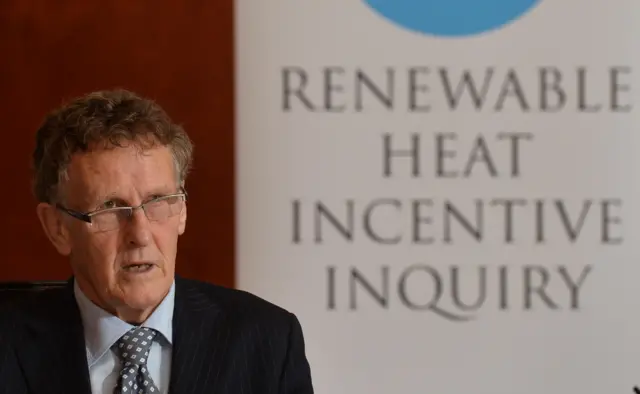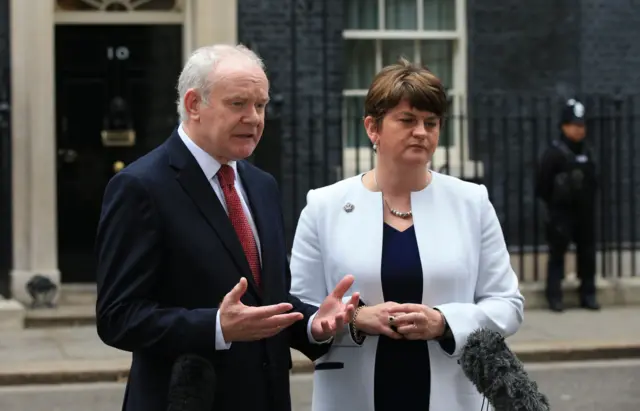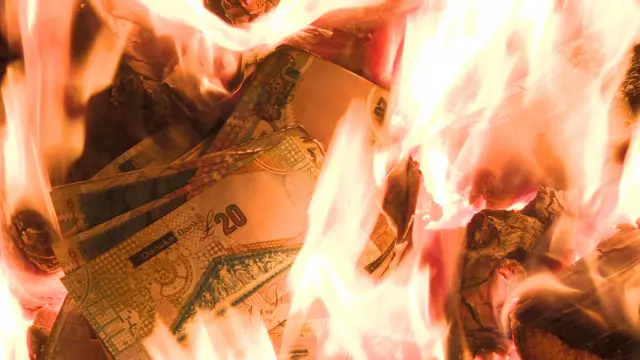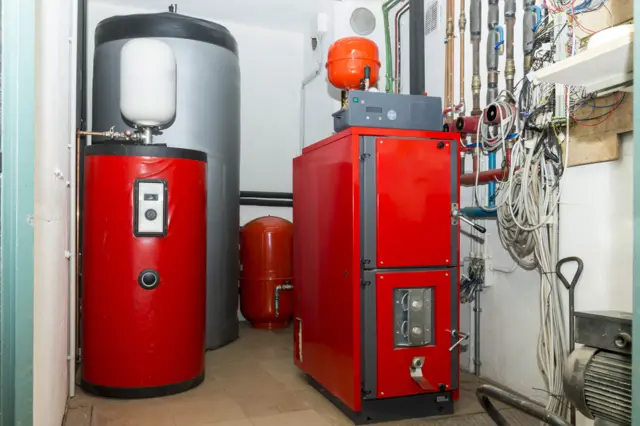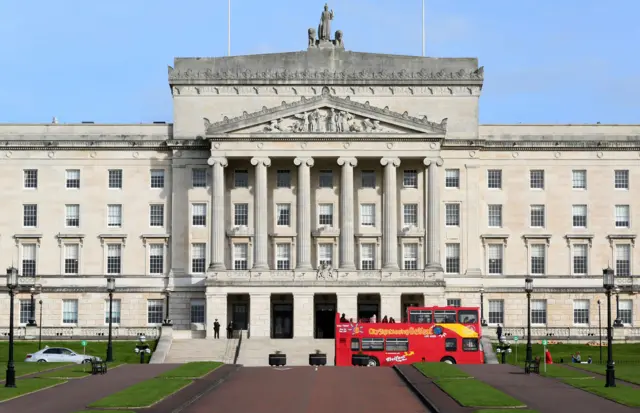What happened yesterday at the RHI Inquiry?published at 09:55 BST 16 May 2018
 BBC News NI
BBC News NI
A civil servant who helped run the RHI scheme said he wished that he had not held informal conversations with the poultry and energy industries about proposed changes to the initiative.
Stuart Wightman's informal engagement with poultry giant Moy Park, some farmers and renewable heat firms took place instead of a wider formal consultation.
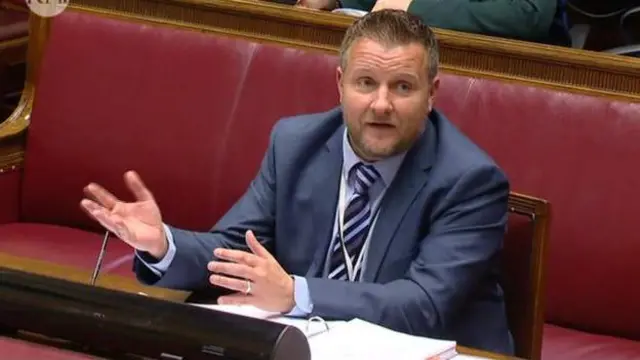 Image source, RHI Inquiry
Image source, RHI Inquiry"I realise that some of the engagement does look naïve now, given hindsight," said Mr Wightman.
"I totally look back now and say I wish I hadn't done that."
